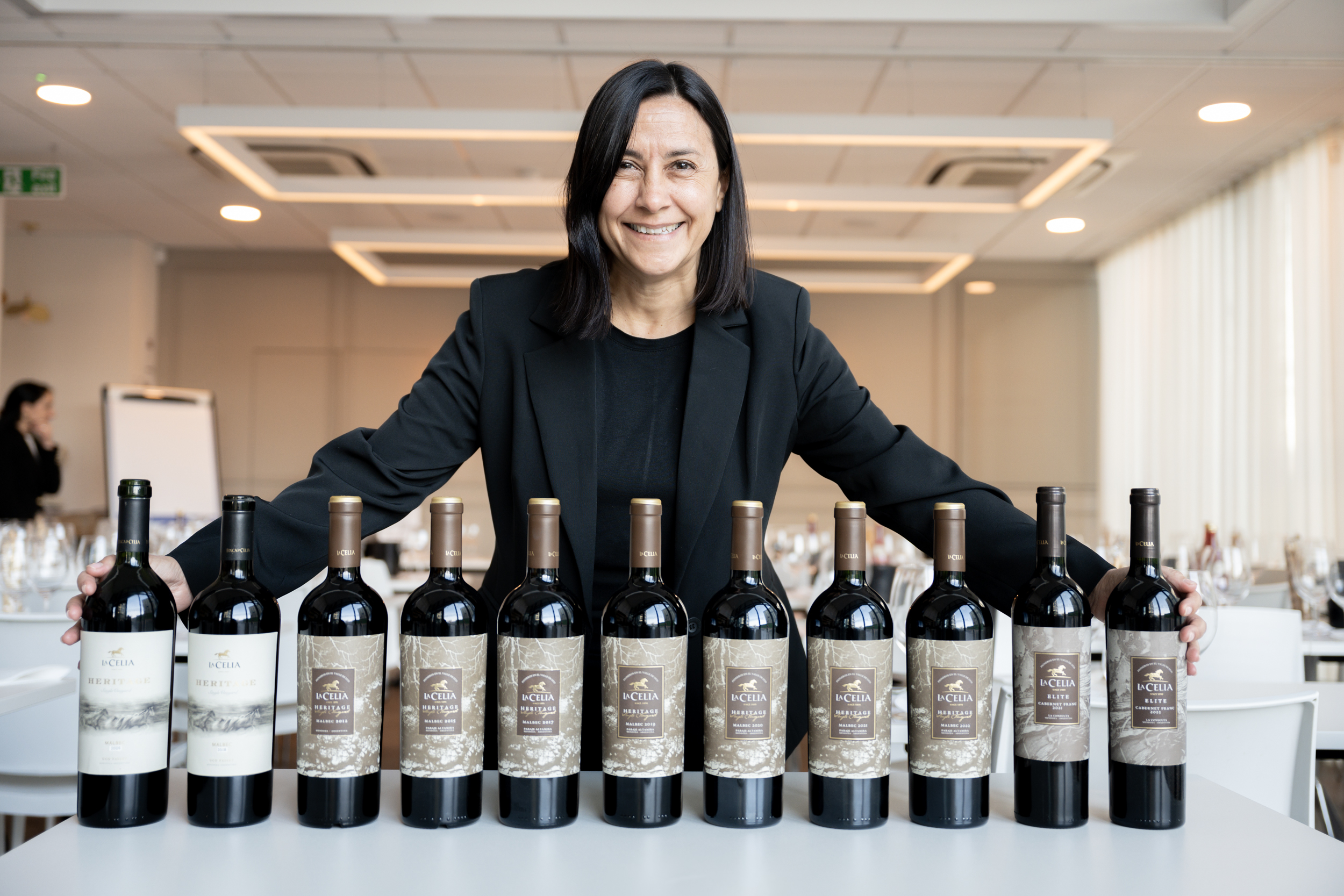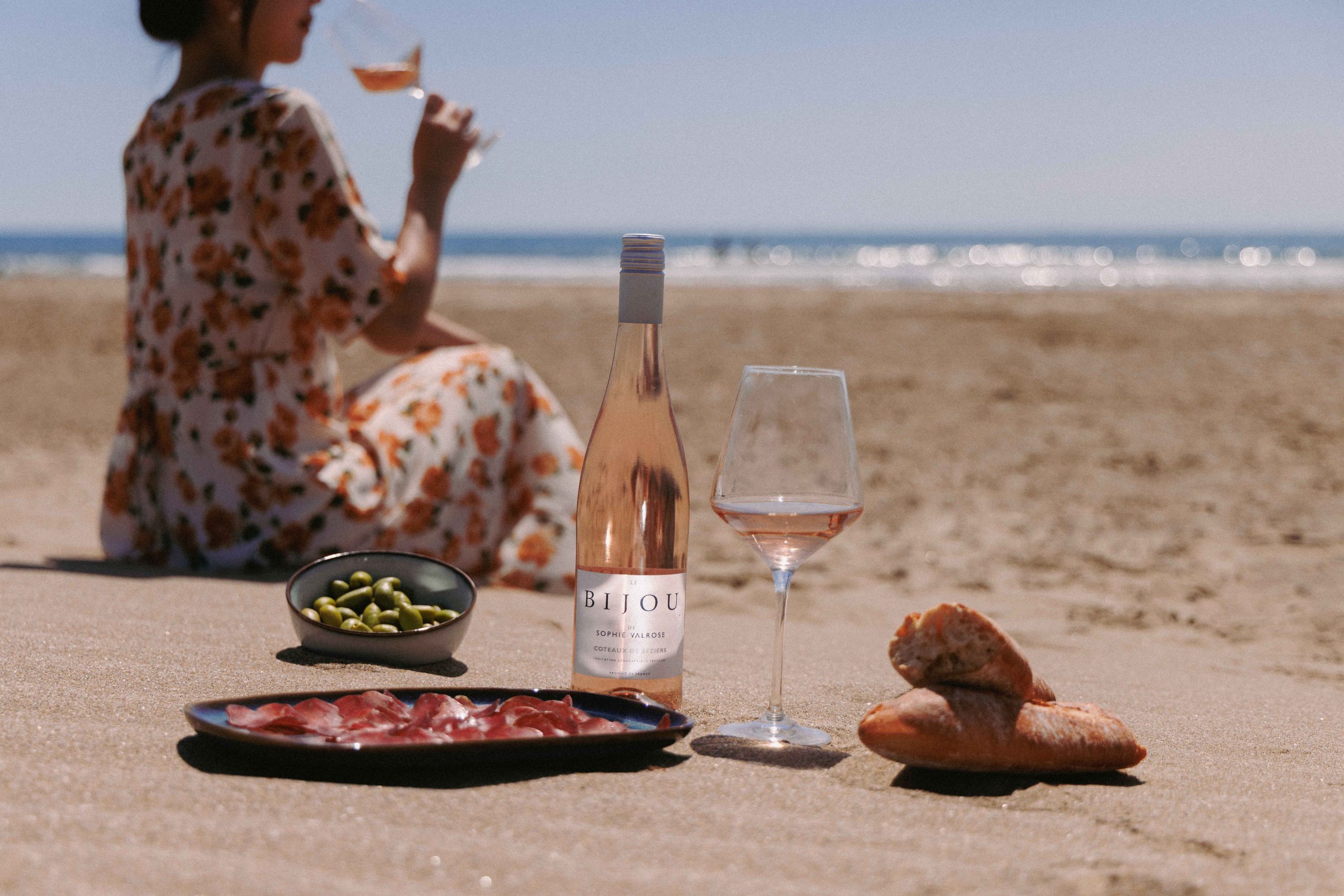Drinking beer before wine won’t prevent a hangover
By Lauren EadsThe old adage of “beer before wine and you’ll feel fine” is a myth, according to Cambridge researchers, who have ruled that it doesn’t matter what order you drink in, you’ll still get a hangover if you drink too much.
Drinking beer before wine won’t reduce your chances of a hangover
“Beer before wine and you’ll feel fine; wine before beer and you’ll feel queer” is the common saying that many swear by. However researchers at Witten/Herdecke University in Germany and the University of Cambridge in the UK have now quashed that theory.
Publishing their findings in the American Journal of Clinical Nutrition, the study saw the team recruit 90 volunteers, aged between 19 and 40 years old, and split them into three groups.
The first group consumed around two and a half pints of beer followed by four large glasses of wine. The second group consumed the same amounts of alcohol, but in reverse order. Subjects in the third, control group consumed either only beer or only wine.
A week later, participants in study groups one and two were switched to the opposite drinking order.
Control group subjects who drank only beer the first time around received only wine on the second study day (and vice versa). This way, the groups were not only compared to each other, but each participant was their own control, too.
Participants were asked about their wellbeing at regular intervals and were asked to judge their perceived level of drunkenness on a scale between 0 and 10 at the end of each study day. Before going to bed at the study site, all participants received an individualised amount of refrigerated drinking-water tailored to their body weight. All volunteers were kept under medical supervision overnight.
Partner Content
The following day, participants were asked about their hangover and given a score from 0-56 (the so-called Acute Hangover Scale) based on factors including thirst, fatigue, headache, dizziness, nausea, stomach ache, increased heart rate and loss of appetite.
The researchers found that none of the three groups had a significantly different hangover score with different orders of alcoholic drinks, although the women tended to have slightly worse hangovers than men.
“Using white wine and lager beer, we didn’t find any truth in the idea that drinking beer before wine gives you a milder hangover than the other way around,” says first author Jöran Köchling from Witten/Herdecke University. “The truth is that drinking too much of any alcoholic drink is likely to result in a hangover. The only reliable way of predicting how miserable you’ll feel the next day is by how drunk you feel and whether you are sick. We should all pay attention to these red flags when drinking.”
Dr Kai Hensel, a senior clinical fellow at the University of Cambridge and senior author of the study, added: “Unpleasant as hangovers are, we should remember that they do have one important benefit, at least: they are a protective warning sign that will certainly have aided humans over the ages to change their future behaviour. In other words, they can help us learn from our mistakes.”
The study is published in the American Journal of Clinical Nutrition.





Every wine judge in Australia knows that you drink beer AFTER wine.